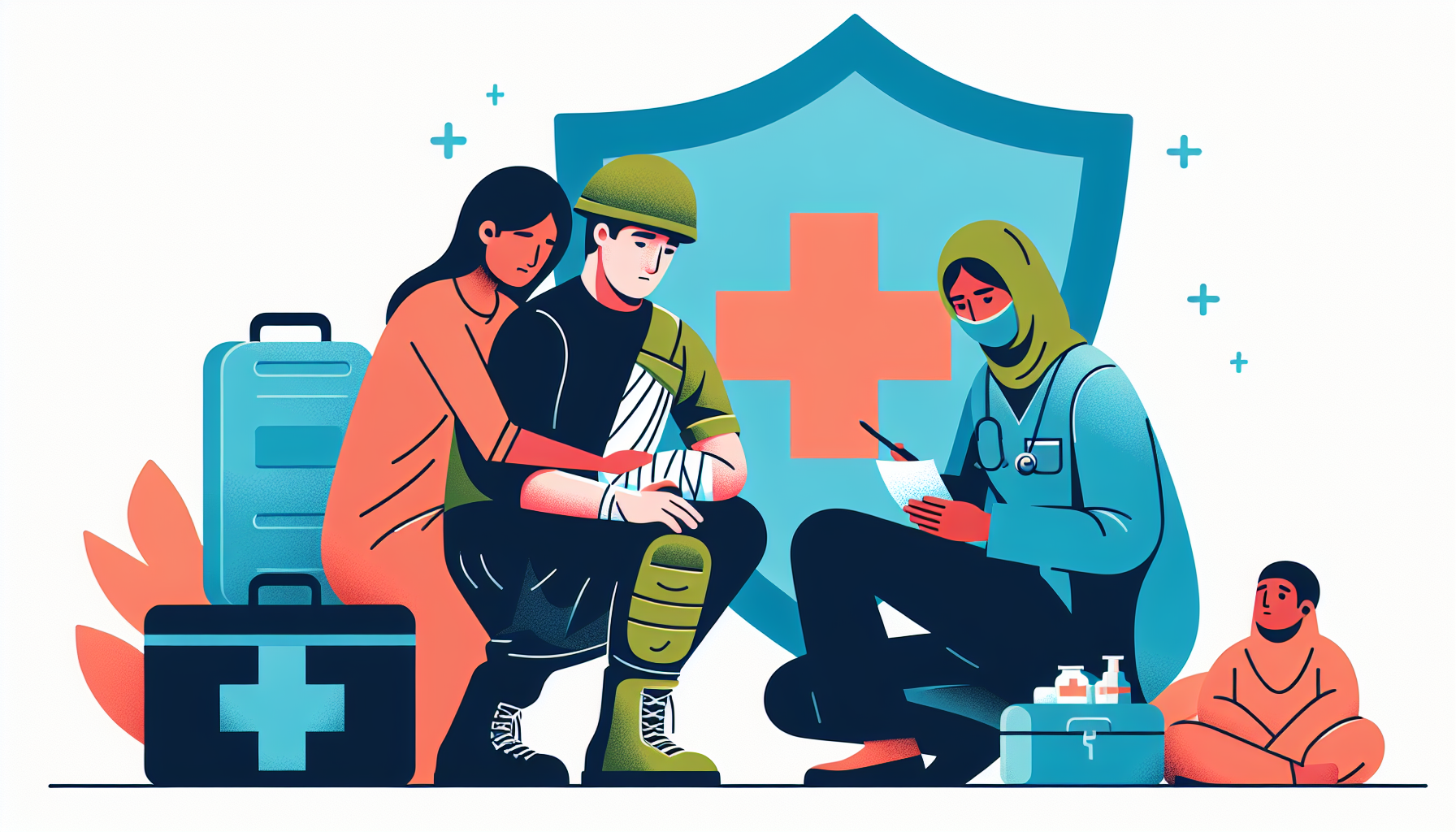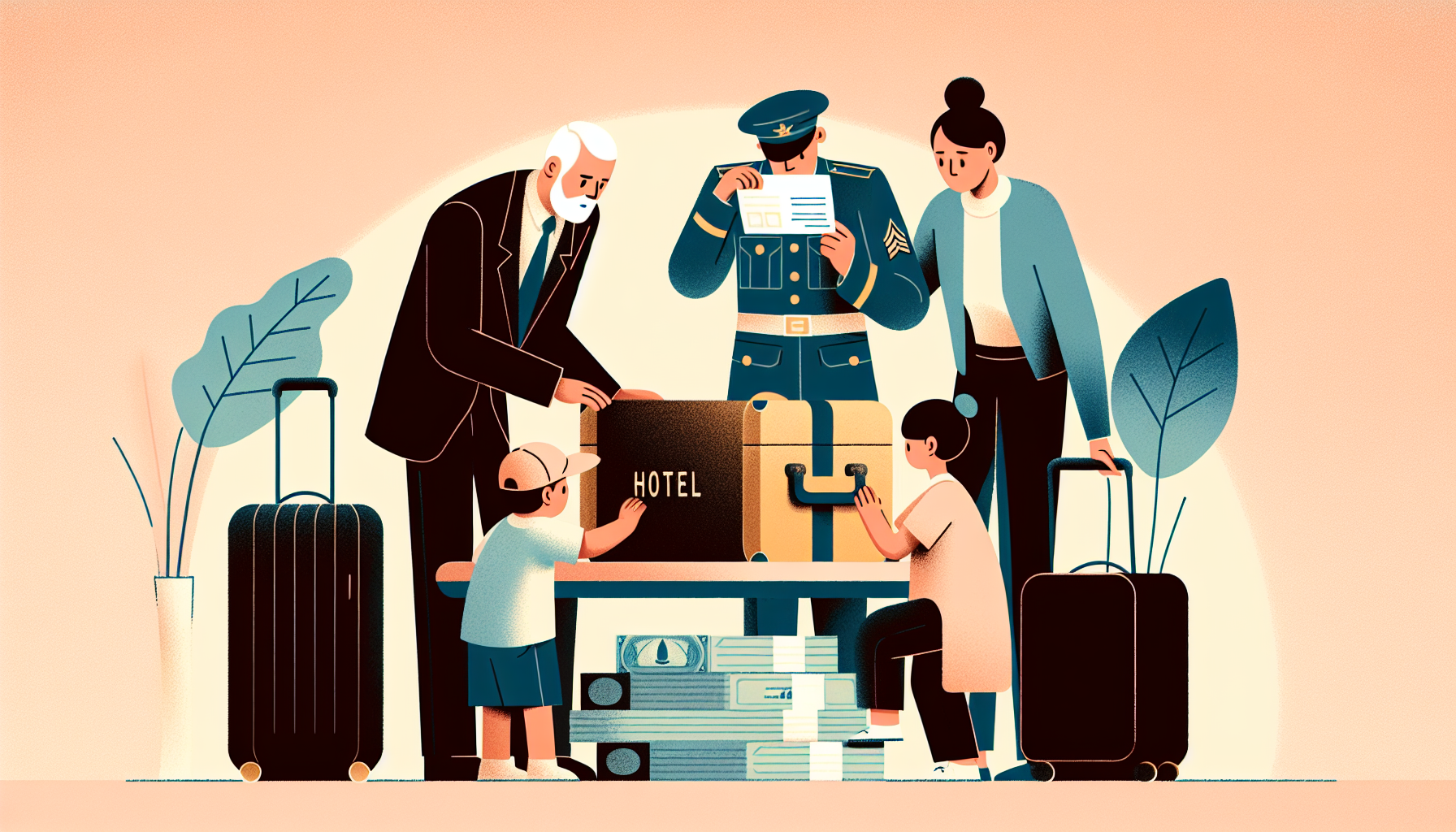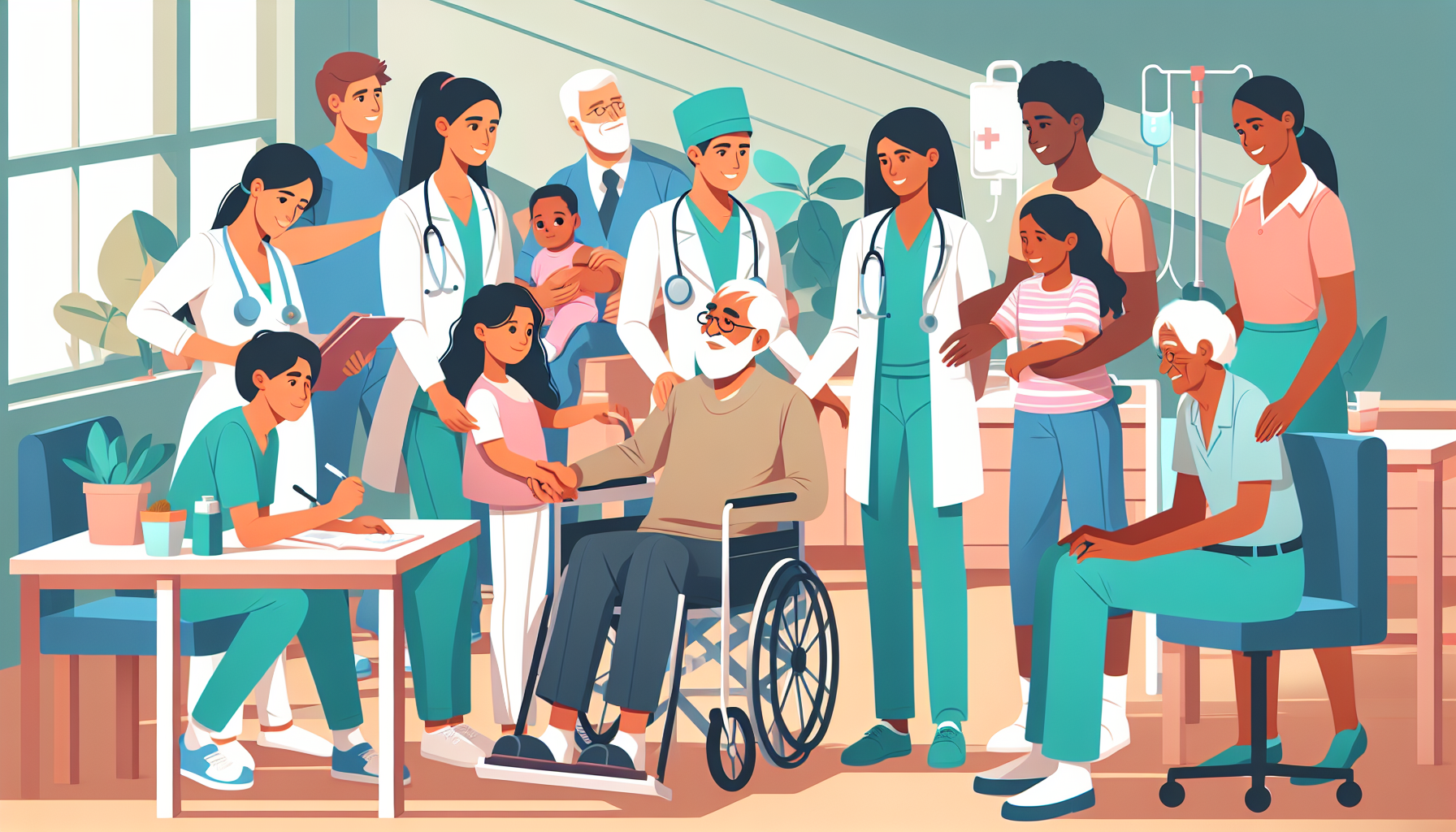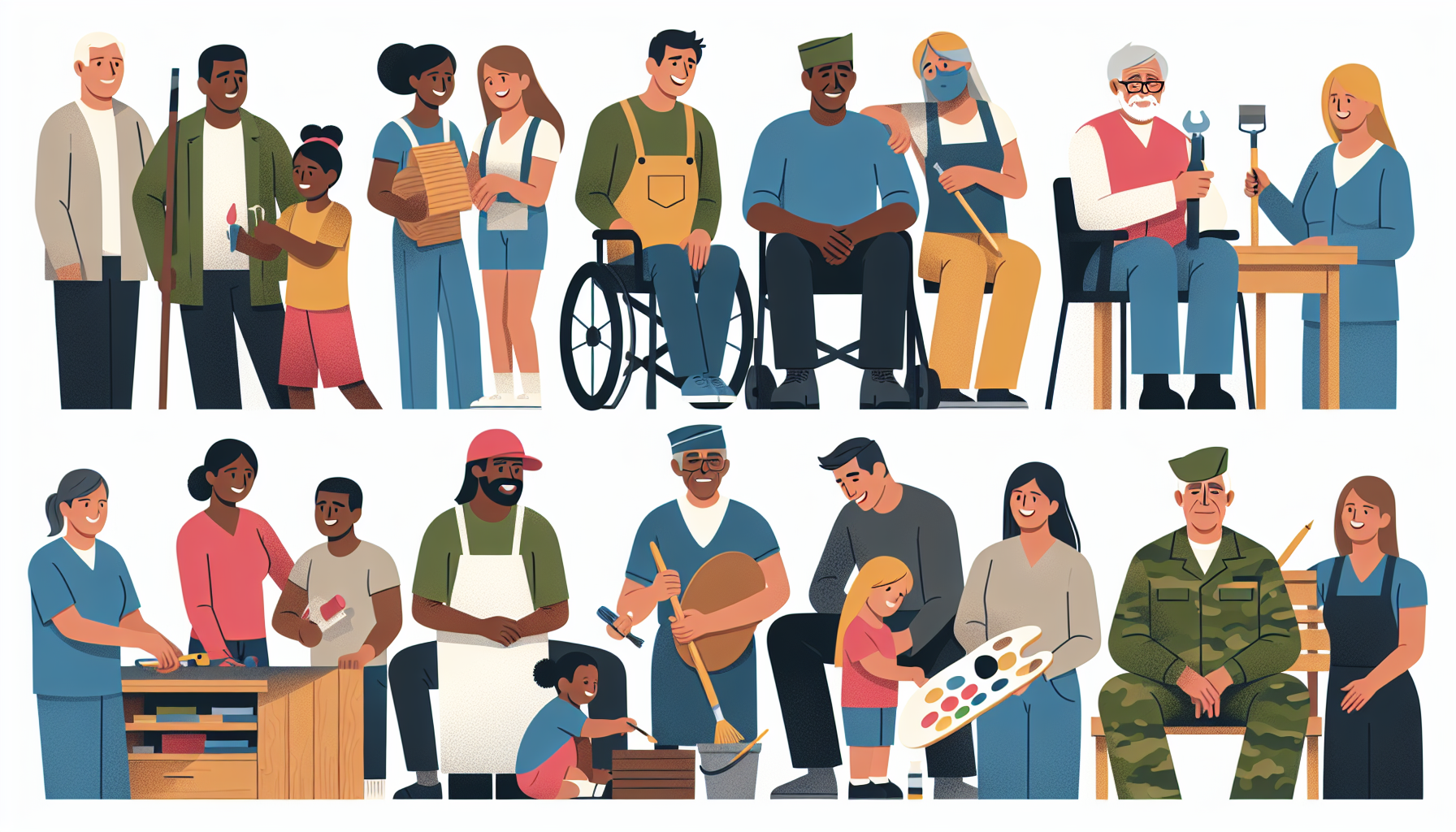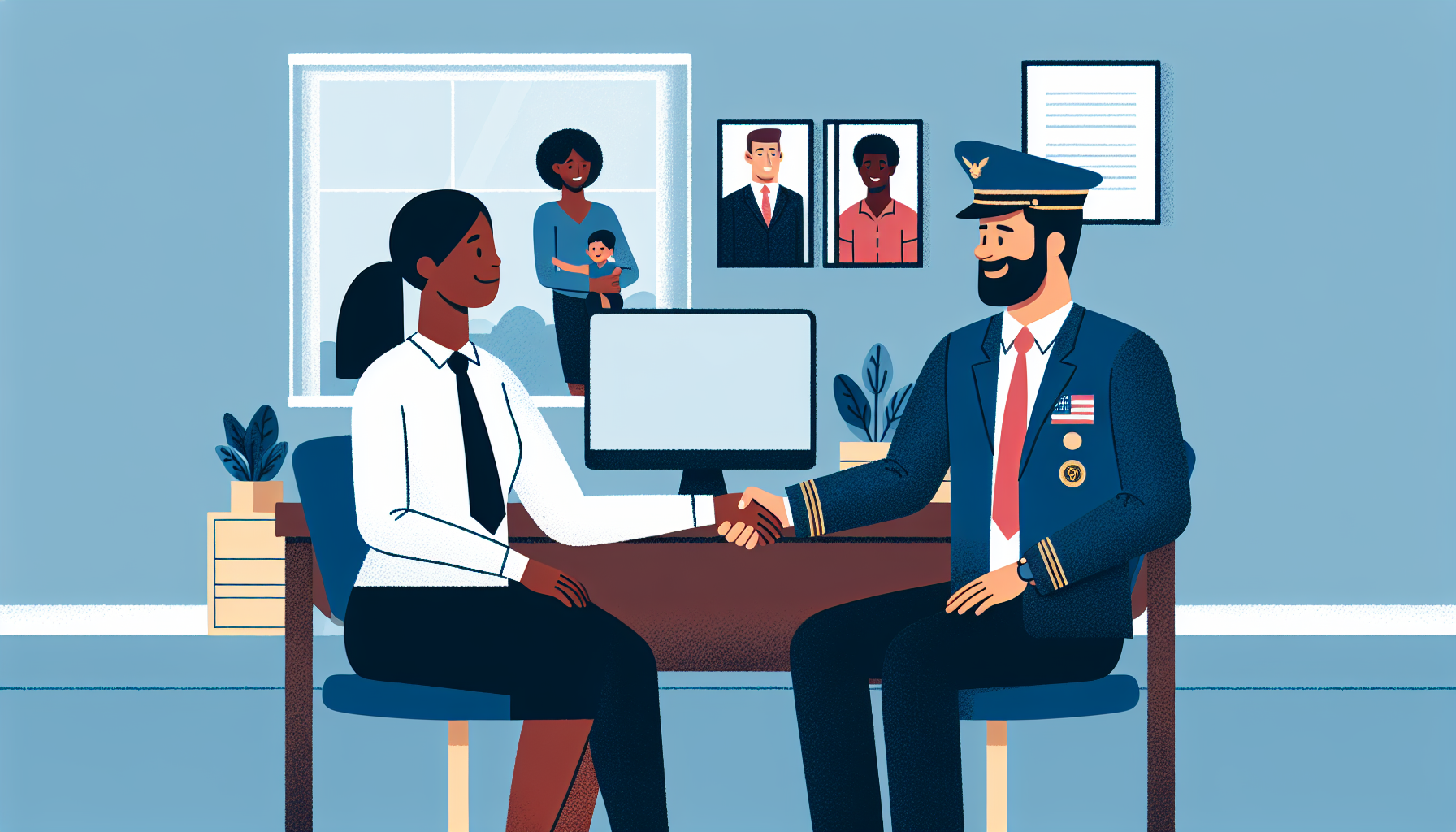Definition
The Transition Assistance Program (TAP) is a U.S. Department of Defense-initiated program designed to support service members transitioning from active military duty to civilian life. It offers resources, training, and tools to help individuals prepare for their post-military career, including job assistance, educational benefits, and healthcare guidance. By attending workshops and receiving personalized counseling, TAP aims to ease the transition process and set up veterans for success in their civilian pursuits.
Key Takeaways
- The Transition Assistance Program (TAP) is designed to aid service members in transitioning from military to civilian life, providing career counseling, job search assistance, and resources for personal development.
- TAP includes mandatory workshops and classes on topics such as employment, education, financial management, health and well-being, veterans’ benefits, and more to support a successful reintegration into civilian life.
- Veterans, active-duty service members, National Guard members, reservists, and their eligible spouses can benefit from TAP, ensuring they have the tools and resources needed to navigate their post-military careers and lives.
Importance
The Transition Assistance Program (TAP) is important because it provides valuable resources and support for military personnel transitioning from active duty to civilian life.
This program offers a comprehensive approach to assist service members and their families in navigating the various challenges that they may encounter during this period.
Through TAP, individuals receive assistance with employment, education, and vocational training, as well as guidance on managing finances, health care, and benefits.
By empowering veterans with the necessary tools and knowledge, TAP promotes a smoother transition, enabling them to successfully reintegrate into society and thrive in their post-military careers.
Explanation
The Transition Assistance Program (TAP) serves as a valuable resource for military personnel transitioning from active duty to civilian life, with a strong emphasis on its purpose to assist service members in successfully navigating this significant life change. Recognizing that this shift can be challenging for many veterans, TAP is designed to provide comprehensive guidance, support, and essential tools to help these individuals forge a path towards a fulfilling civilian career and life.
It addresses various aspects of transition, such as employment, education, entrepreneurship, and accessing benefits and services designed specifically for veterans and their families. To achieve its goals, the TAP offers an array of workshops, courses, and counseling services that aid veterans in developing crucial skills and knowledge, from understanding the civilian job market to utilizing their military experience effectively.
These resources also cover essential topics such as financial planning, resume building, and interview strategies. Moreover, the program actively collaborates with various partners, such as the Department of Veterans Affairs, the Department of Labor, and the Small Business Administration, to ensure that participants receive accurate, up-to-date information and support.
Ultimately, through its array of resources and services, TAP seeks to empower veterans and promote their successful integration into civilian life.
Examples of Transition Assistance Program (TAP)
The Transition Assistance Program (TAP) is a resource designed to help servicemembers and their families effectively transition from military to civilian life, by providing them with extensive resources, skills training, and support. Below are three real-world examples of how the TAP serves those planning for life after the military:
Employment Workshops: TAP provides comprehensive employment workshops to help transitioning servicemembers find their desired careers in the civilian workforce. In these workshops, participants learn how to create effective resumes, polish their interview skills, and leverage their military experience in a way that appeals to civilian employers. In 2014, for example, the Department of Labor introduced the Employment Workshop (DOLEW) as part of TAP, with more interactive activities and a strong focus on providing job search techniques for the servicemembers.
Educational Support: TAP collaborates with the Department of Veterans Affairs (VA) to provide counseling and guidance on the use of educational benefits, such as the Post-9/11 GI Bill. Transitioning servicemembers can attend briefings to learn more about their eligibility for benefits, how to access financial assistance, and discover suitable academic programs. For instance, the VA’s VetSuccess on Campus (VSOC) program, present on various college campuses, further extends support by providing resources and advice for veterans pursuing higher education.
Entrepreneurial Training: TAP provides resources and support for transitioning servicemembers planning to start their own businesses through programs such as the Boots to Business (B2B) initiative. This program offers various workshops, online courses, and mentoring support to help participants create and implement viable business plans. One notable example is the story of Michael Kelly, a U.S. Army veteran who, after attending the B2B workshop, successfully founded his own drone services company, Drone View Technologies, which now has contracts with significant players in the construction and engineering industries.
Transition Assistance Program (TAP) FAQ
What is the Transition Assistance Program (TAP)?
The Transition Assistance Program (TAP) is a program designed to help service members and their families navigate the transition from military to civilian life. It offers a variety of resources, including workshops, counseling, and access to educational and employment services.
Who is eligible for TAP?
All service members who are separating, retiring, or being released from active duty are eligible for TAP. This includes members of the National Guard, reserve units, and their spouses. Certain service members may be required to participate in TAP, while others may choose to participate voluntarily.
When should service members start the TAP process?
It is recommended that service members begin the TAP process at least 12 months before their separation or retirement date, or as early as 24 months for members of the National Guard and reserve units. This allows adequate time to take advantage of all the resources, services, and benefits available through the program.
What services does TAP provide?
TAP offers a variety of services, including pre-separation counseling, workshops on transition-related topics such as financial planning and job searching, and assistance with accessing educational and employment resources. Additionally, TAP provides information on benefits and entitlements, such as the GI Bill and VA home loans.
How can service members access TAP resources?
Service members can access TAP resources through their local installation Transition Assistance office or the Department of Veterans Affairs. Online resources, such as the TAP virtual curriculum, are also available for remote access. To locate the nearest TAP office or access online resources, visit the Department of Defense TAP website.
How does TAP help with job-searching and career planning?
TAP offers workshops and resources to assist service members in exploring career options, developing job-search skills, and building a professional network. Additionally, TAP helps connect service members to employment resources and job fairs, specifically for veterans and transitioning military personnel.
Related VA Benefit Terms
- Pre-Separation Counseling
- VA Education and Training Programs
- Employment Assistance Services
- Relocation Assistance
- Veterans Health Care and Benefits
Sources for More Information
 Benefits.com Advisors
Benefits.com Advisors
With expertise spanning local, state, and federal benefit programs, our team is dedicated to guiding individuals towards the perfect program tailored to their unique circumstances.
Rise to the top with Peak Benefits!
Join our Peak Benefits Newsletter for the latest news, resources, and offers on all things government benefits.



















